The COVID-19 pandemic sent shockwaves worldwide and led to various recessions, including in the U.S. This has caused many industries to struggle, and some companies have even gone under.
Much of this has to do with the housing market, or at least that’s what these companies are saying. Between a sharp rise in house prices and high mortgage rates, people simply do not have the funds to afford any home renovations for the time being.
The Home Improvement Sector Thrived in the Pandemic

With many companies struggling during the COVID-19 pandemic and some even having to shut their doors forever, one industry that wasn’t struggling in the slightest was the home improvement industry.
As people were locked in their homes, they began to notice issues they had with their homes and would go to places like Home Depot and Lowe’s (or get a contractor to) so they could buy the materials they needed. Because of this, these companies were thriving.
The American Economy Is Struggling

The American economy has been struggling for the last few years, and according to former Home Depot CEO Bob Nardelli, it is going to continue to struggle due to current employment trends.
With the number of layoffs from various companies and industries, and many others going under, this number will only continue to rise for the foreseeable future.
Home Depot’s Drop in Sales
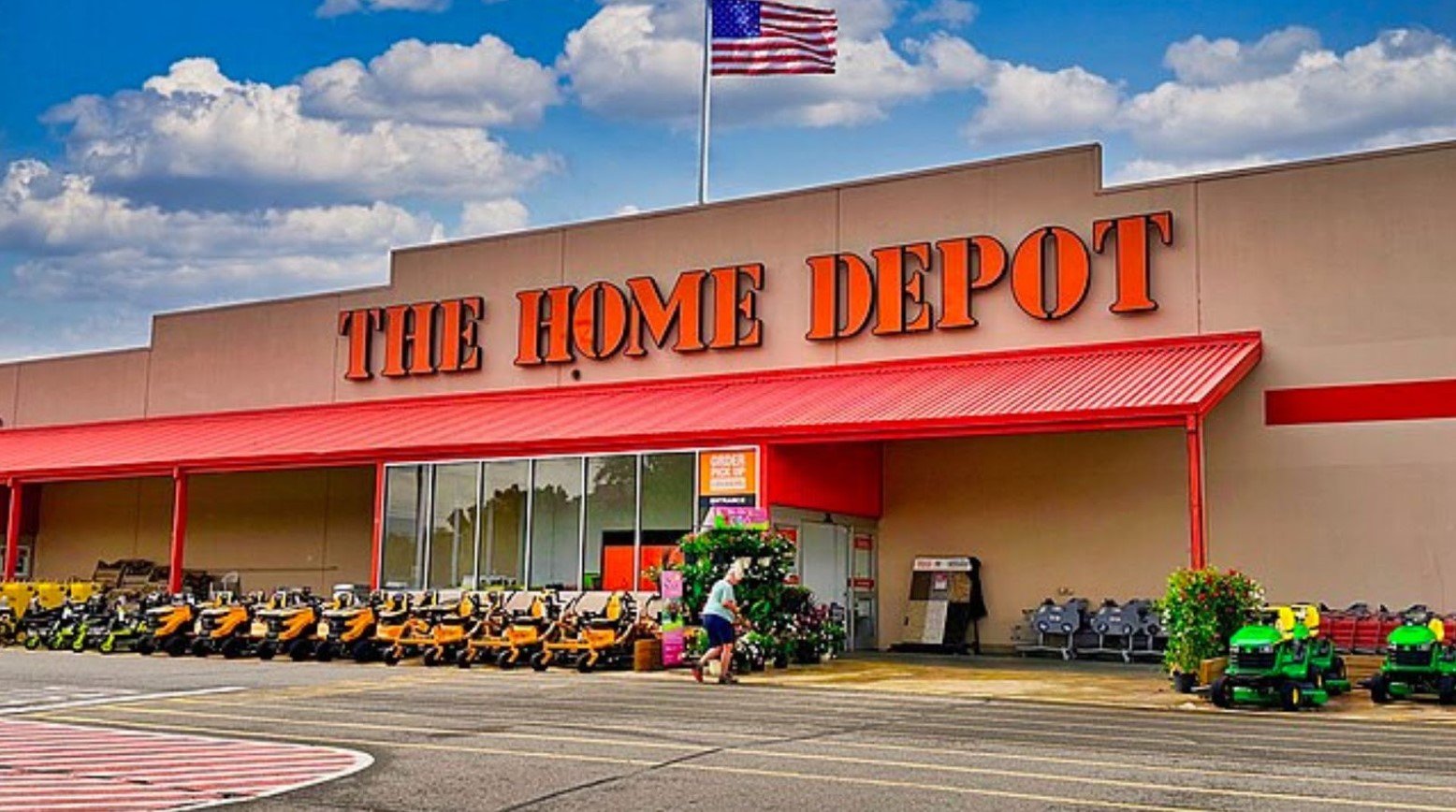
Like many other stores, Home Depot is experiencing a drop in sales. In the first quarter of the 2023 fiscal year, sales had gone down by 4.2%, and in the second quarter, sales were just $42.9 billion, down by 2% in 2022.
One issue the company is having is the price of its products. Like other industries, the prices in the home renovation industry have gone up. The store has reported that products over $1000 had dropped in sales by 5.5% compared to the previous year.
Online Sales Are Also Down
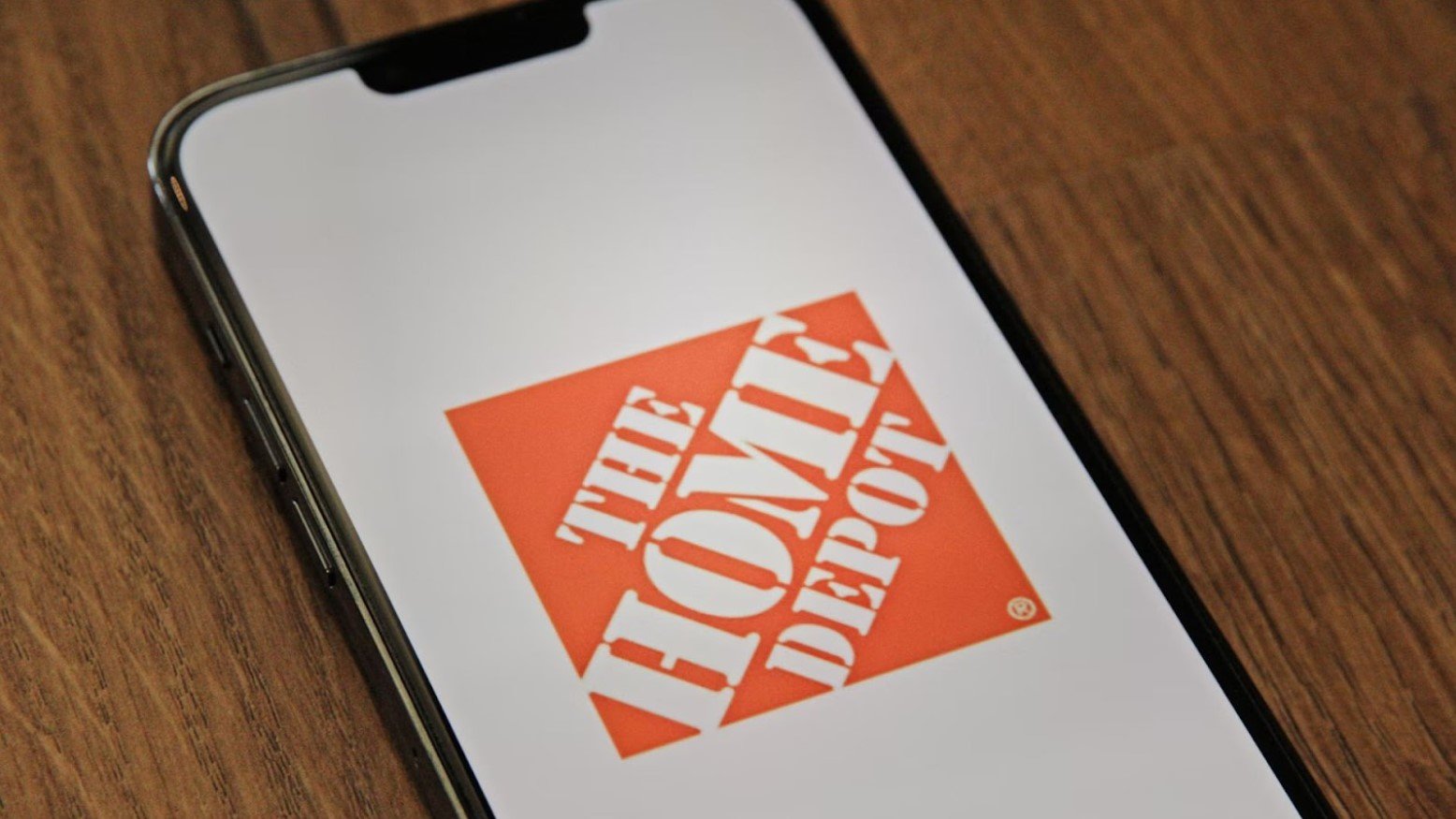
It’s not just the number of people who have gone in-person to home improvement stores that have gone down — online sales at these companies have also gone down.
Home Depot’s digital sales have gone down by 5%. While Lowe’s online sales have been doing slightly better, they are still experiencing a 4% drop in these sales for the time being.
Lowe’s CEO Blames Changing Consumer Patterns
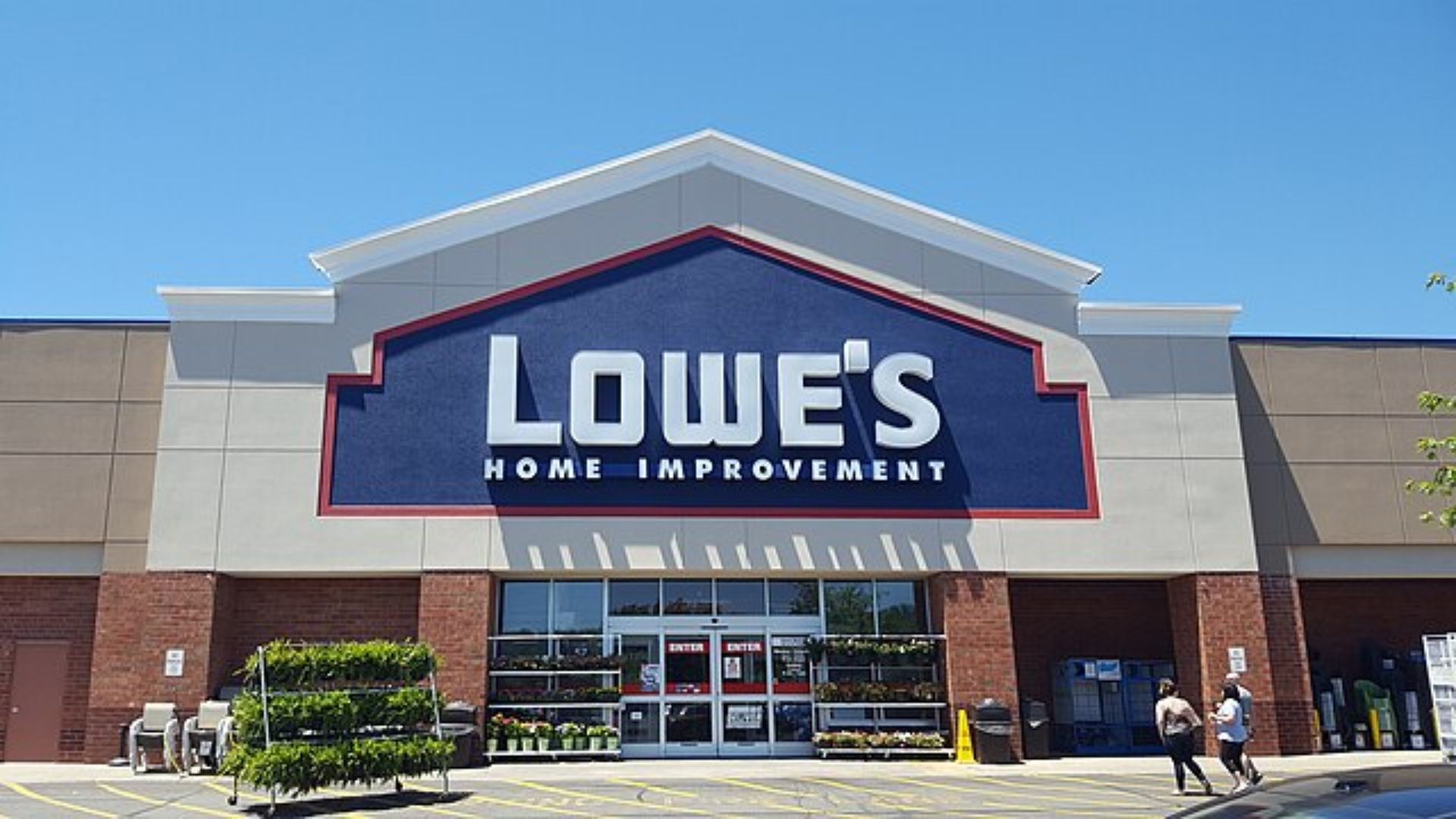
The CEO of Lowe’s, Marvin Ellison, pointed out that, like with Home Depot, macro-economic trends are behind the decline in sales.
“While we’ve seen a more cautious consumer for some time now, this quarter, we saw some of these consumers increasingly prioritizing experiences over goods, spending on travel and entertainment. Whenever the DIY customer becomes cautious, it disproportionately affects us,” Ellison said.
Doing Better Than Expected

Despite the American economy standing in the way, Home Depot still managed to top expectations.
The company anticipated a drop in earnings per share between 7% and 13% and a same-store sales decline of between 2 % and 5%. However, the company ended up expecting a decline of earnings per share of 9% to 11% and a same-store sales decline of between 3% and 4%.
The Housing Market Is the Reason

Keen to find a reason for this drop in sales, Home Depot blames this on challenges with consumer spending and difficulties in the housing market.
However, the home improvement brand has wanted to make it clear that this is only a short-term problem, and they hope that, with time, consumers will come back and start spending money again.
A Lack of Affordable Housing
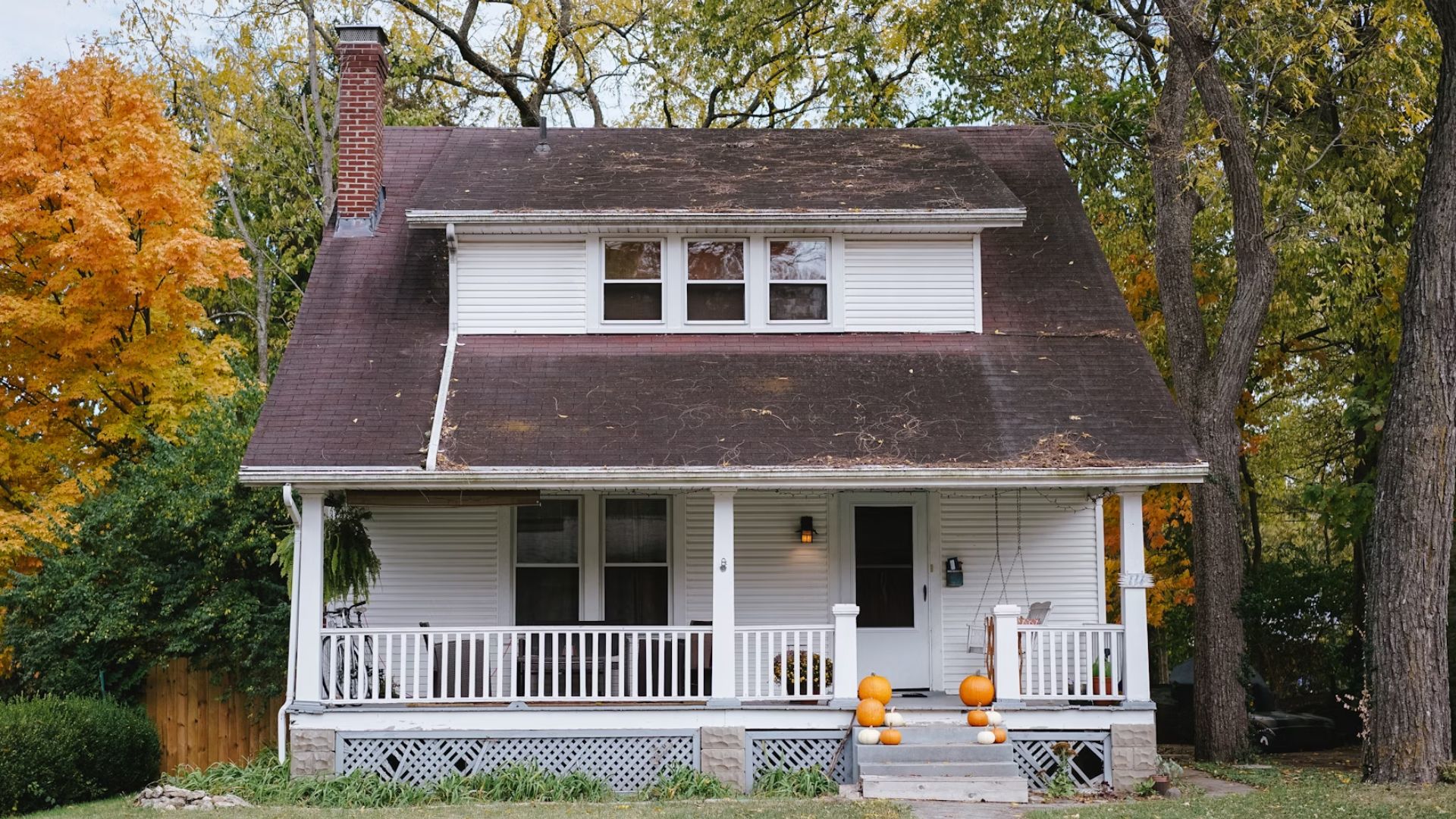
Although Home Depot insists that this is a short-term problem, the housing market is having a knock-on effect to home-improvement companies.
High interest rates and a shortage of affordable housing have led to a pause in home-buying. This means there is a lower demand for projects to spruce up your house. With the high cost of living, consumers are holding back on spending.
Home-Buying Is Historically Low

Home Depot CEO, Ted Decker, estimates that this trend of conservative spending in a tough housing market will continue, which will impact sales over a long period of time.
Along with high mortgage interest rates, poor home affordability levels have not been so high since the 1980s. Mortgage rates reached above 7% while mortgage applications fell by 10.6%, according to the Mortgage Bankers Association.
Unemployment Is Another Contributor

Another reason behind the drop in sales for places such as Home Depot and Lowe’s is due to unemployment. Even those who still have a job fear that they will be fired sooner or later.
Due to this, people either don’t have any money or want to keep a hold of their savings that they would have spent on a home renovation in case they lose their job so that they have some money to fall back on.
Other Sectors Are Also Suffering

According to the Federal Reserve Bank of St. Louis, home prices are up 46% since late 2019. The fragile situation with the housing market and the economy has not only affected the home-improvement sector.
Home furnishing chains are also facing the brunt of the conservative spending because of the cost of living. In the third quart of last yar, comparable brand revenue decreased by 14.6% at Williams-Sonoma and net sales sunk by 22.9% at Hooker Furnishings.
The First Decline Since 2009
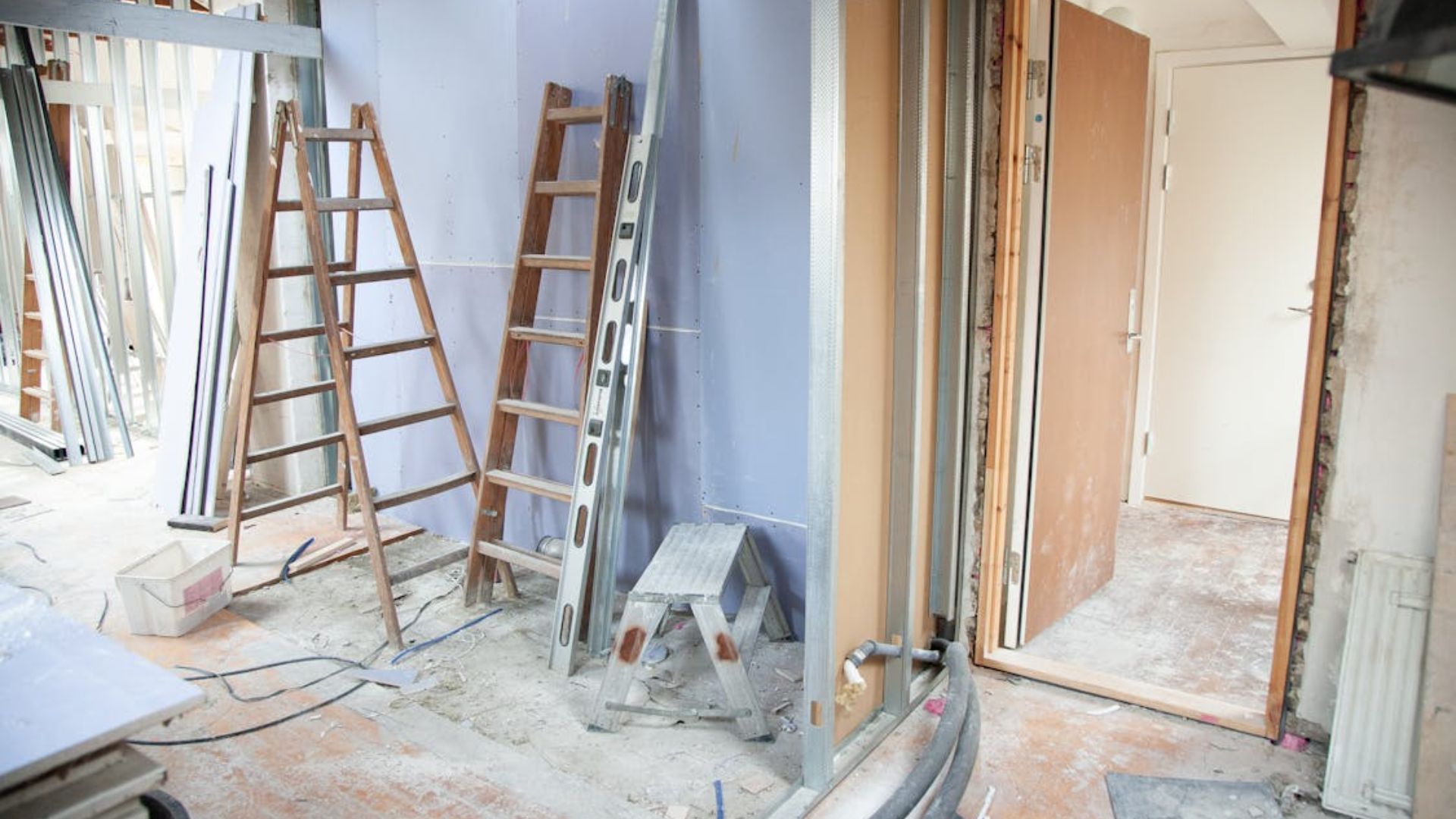
Sales for home improvement materials are faltering while Americans wrestle with inflation. Consumers holding off on home improvement projects reflects a wider problem in the American economy.
This is the first time that Home Depot has projected a decline in annual sales since 2009, when the U.S. economy was destroyed by the global financial crash caused by a huge housing bubble.
Inflation Is Standing in the Way
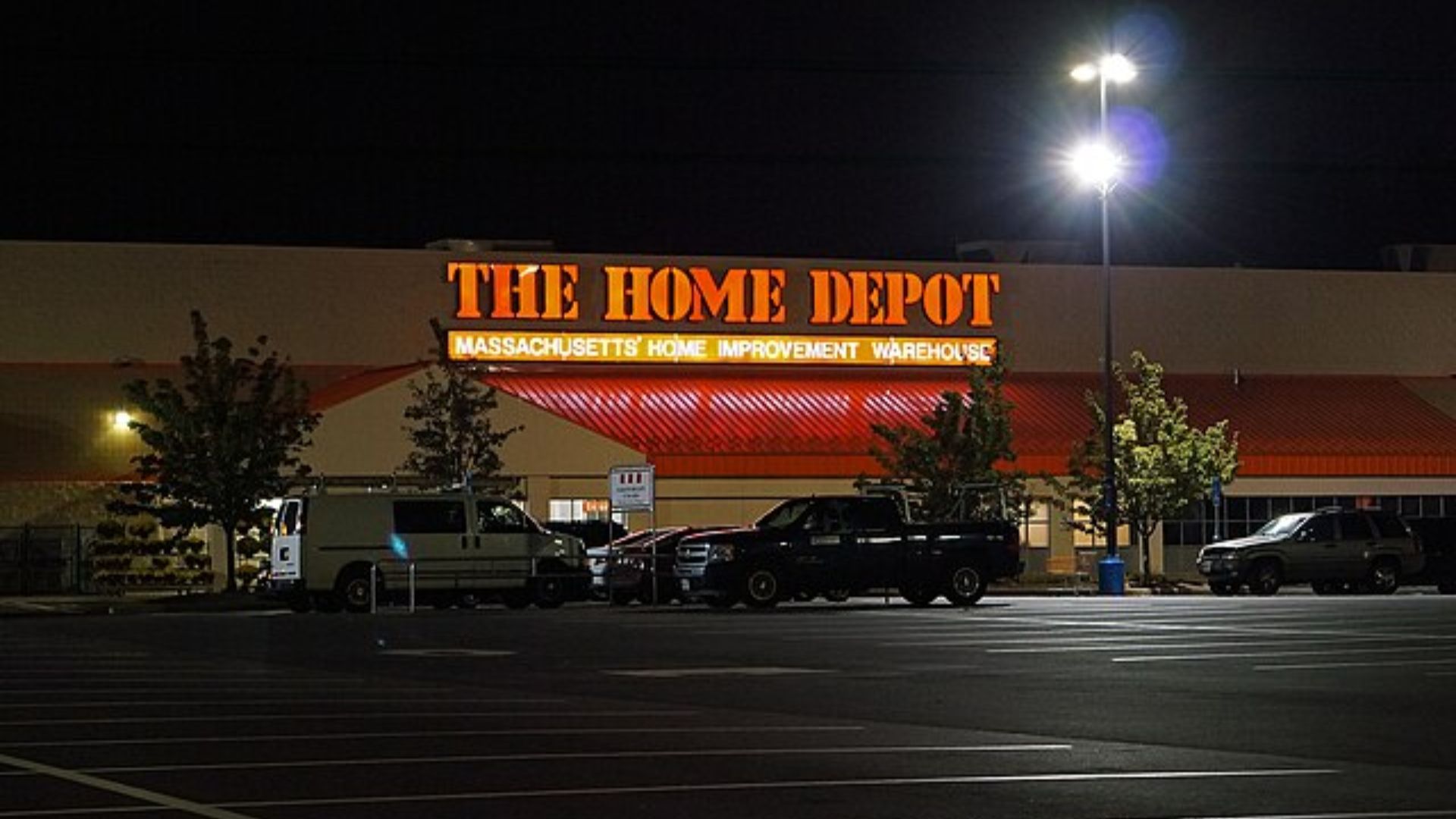
Persistent inflation is a significant factor behind Americans holding back on taking on new projects in the home.
Last year, the average receipt at Home Depot declined by 0.3% compared to 2022, and customer transactions were down by 2.4%. It is also getting more and more expensive to purchase big-ticket items via credit cards or with loans as the U.S. Federal Reserve’s attempt to combat inflation.
Revenue Is Slipping
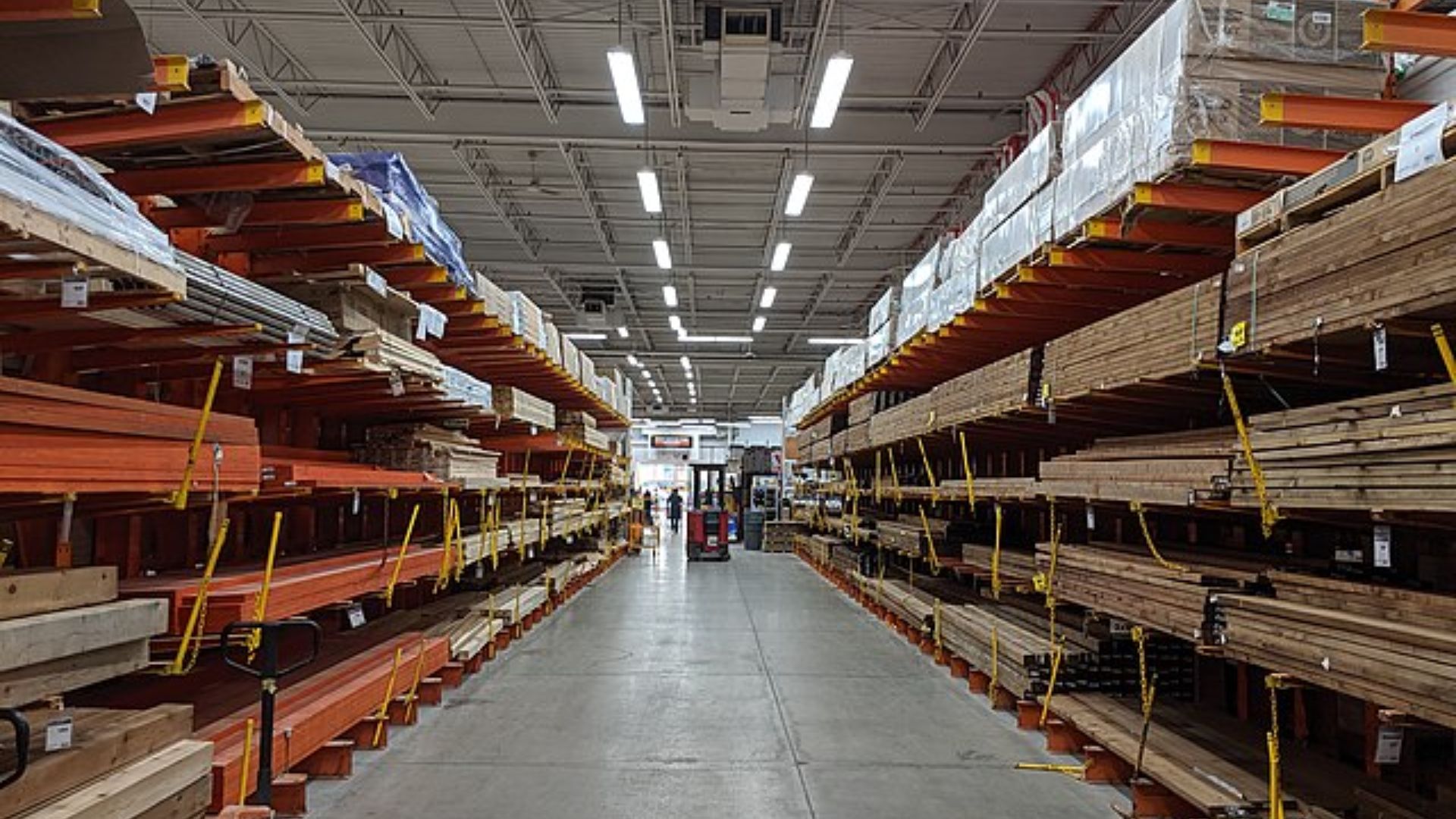
While performing better than expected, Home Depot is still seeing a lapse in overall revenue.
In the third quarter of last year, revenue slipped by 3% to $37.71 billion, according to to Home Depot Inc. This is better than the fall to $37.52 billion that was predicted by Wall Street, according to a survey of analysts by Zacks Investment Research.
Home Depot’s Billion Dollar Antitrust Settlement
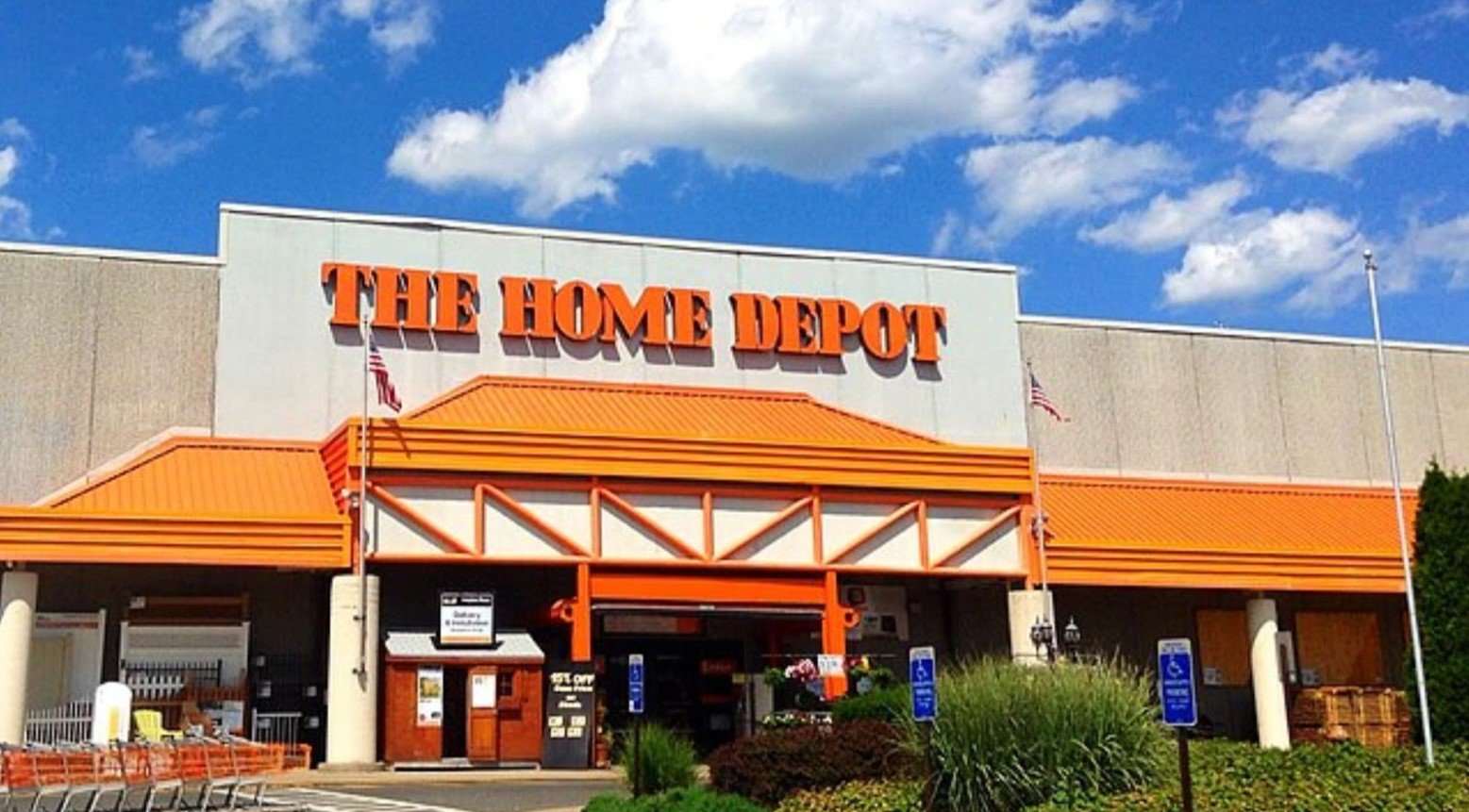
Another issue Home Depot is having is its $2.7 billion antitrust settlement with Blue Cross Blue Shield. This is a case that has been ongoing for the last ten years.
Home Depot appealed this settlement to the Supreme Court in June 2024; however, the court refused to hear it. The home improvement corporation claimed that the settlement would make it difficult for the health insurance company to sue for other antitrust violations in the future, but they denied any wrongdoing.
Anti-Competition Tactics

Home Depot’s appeal of the $2.7 billion antitrust settlement was rejected by the Supreme Court.
Home Depot claimed that Blue Cross Blue Shield had taken part in anti-competitive actions which incurred excessive costs. A Blue Cross Blue Shield statement said that Home Depot alleged that entered “into an agreement” with other companies “not to compete with each other and to limit competition” in selling health insurance.
Challenges Faced by Lowe’s

Home Depot isn’t the only one facing these challenges, as Lowe’s is facing similar issues. In the first quarter of 2024, Lowe’s had between $84 billion and $85 billion in full-year sales and had a diluted earnings per share (EPS) of $12 to $12.30.
In comparison, its overall earnings for 2023 were $86.4 billion, and its EPS was at an all-time high of $13.20.
A Knock-on Effect From the Housing Market

Industry experts have said that all of this is due to a knock-on effect from the housing market. House buyers rely on these stores when doing home improvements and contractors rely on them for building supplies.
However, hardly anyone is buying a house right now because the prices are too high, and no one is hiring any contractors for building work or home renovations because they simply cannot afford the price of materials or to pay the contractors for their work.
A Drop in Contractor Jobs
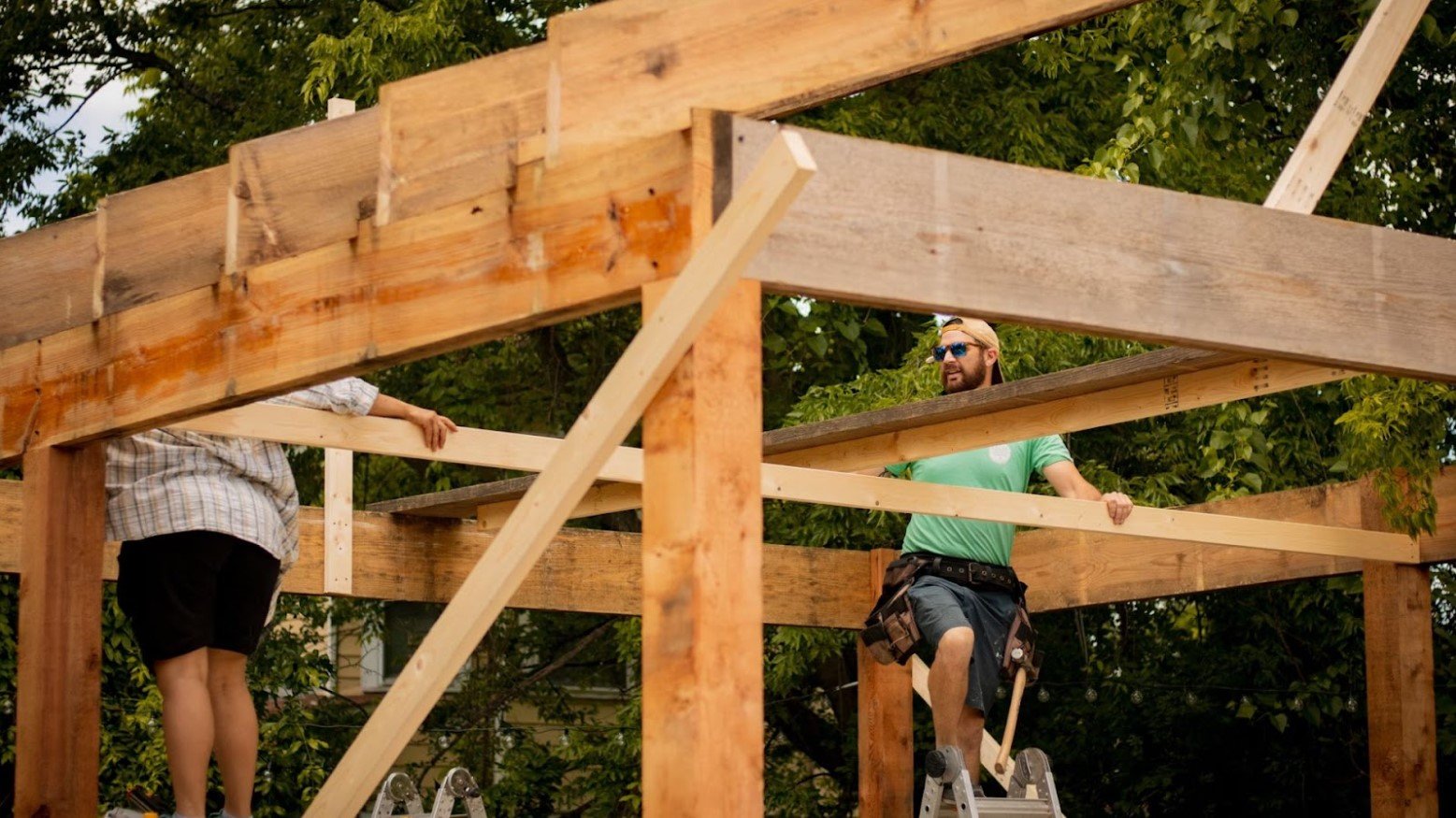
Contractors in the U.S. are currently really struggling to get any work. In August 2023, there was a 24% drop in projects for contractors since July of the same year.
The issue? If contractors don’t have the work, then they have no need to go out and buy materials because they don’t need them. If they aren’t buying the materials, then they’re not going to places like Home Depot and Lowe’s, which causes these companies to lose out on much needed sales.
People Are Staying Put

The housing market makes the idea of moving house a lot less appealing. With high interest rates and less affordable housing available on the market, people are deciding to stay put rather than undergo an expensive endeavor such as moving.
Unfortunately for Home Depot, the bulk of home-improvement projects take place shortly after a move. The people who are not moving house are not spending money on major remodels either.
The Market Is Looking for Improvements

Desperate to see even the slightest relief, the market is constantly on the look for any improvements or sustainable margins, even though the demand for these brands is weakening.
But due to the earnings reports that have come out from these companies and others in the home improvement sector throughout the last year, people have every right to be concerned as to what the future might hold.
The Situation Might Improve

Managing director of GlobalData, Neil Saunders, said that the decline in sales is underpinned by a lack of financing, softer confidence and higher interest rates.
“In our view, the situation will only remedy itself once the economy picks up or the backlog of work builds to an extent that it fuels latent demand – which will not happen any time soon,” Saunders said.
Looking to the Future
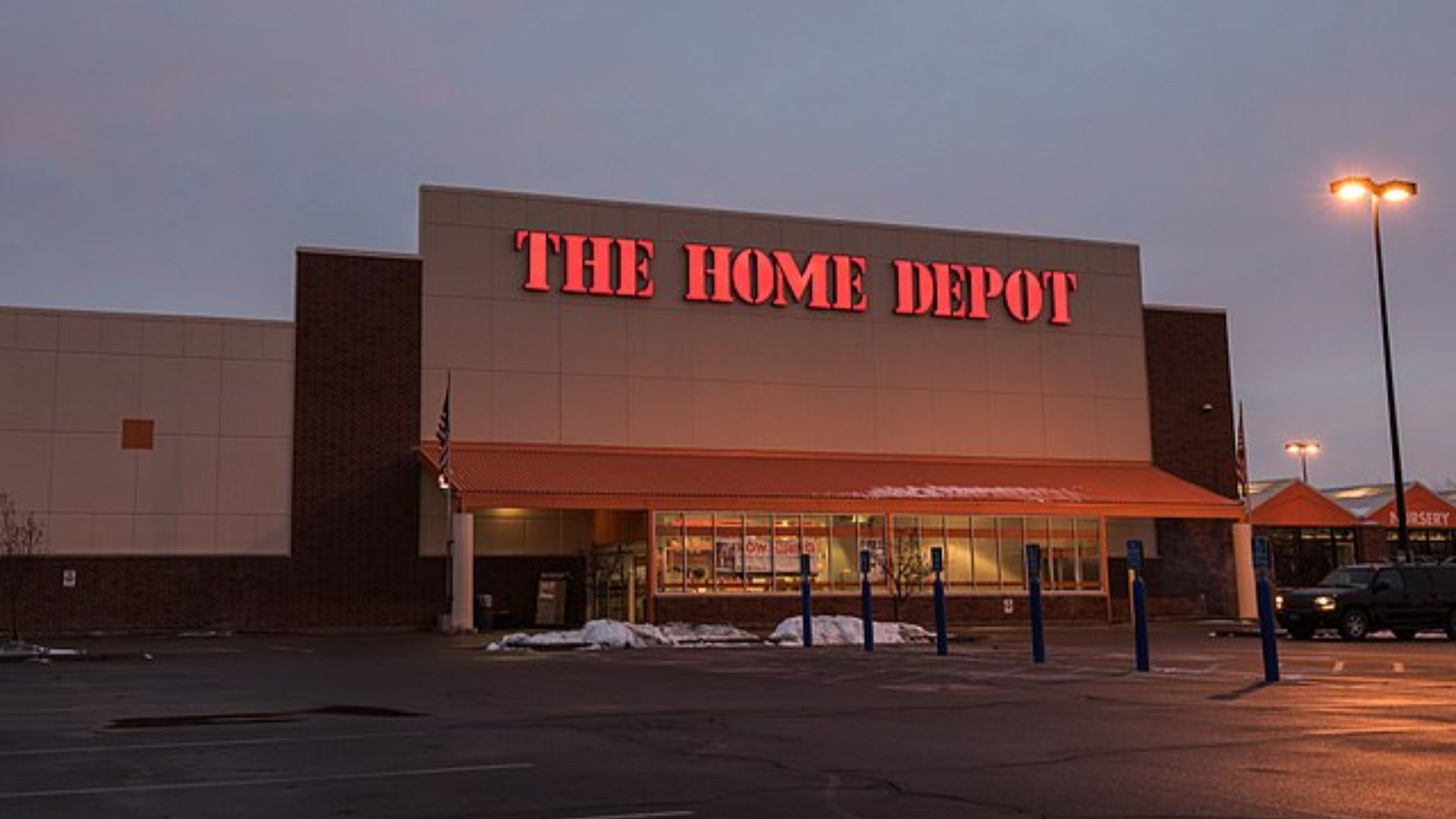
On the fourth-quarter earnings call, Home Depot CEO, Ted Decker, is not feeling either optimistic or pessimistic for the future of the housing market, which will have a direct impact on Home Depot’s sales.
“I’d say we have a neutral look on housing for 2024. We don’t think there’s incremental pressure, nor do we think that we’re quite ready for a hockey stick recovery,” Decker said.
